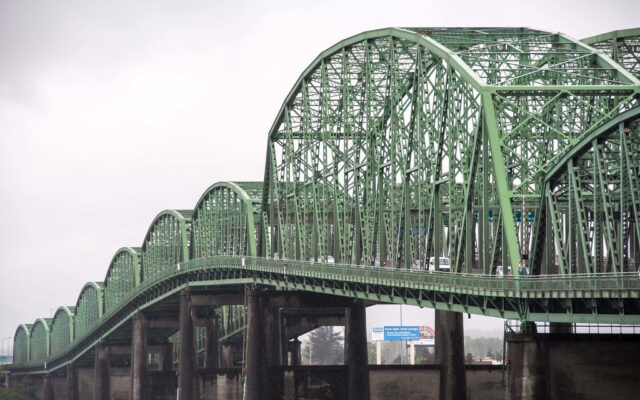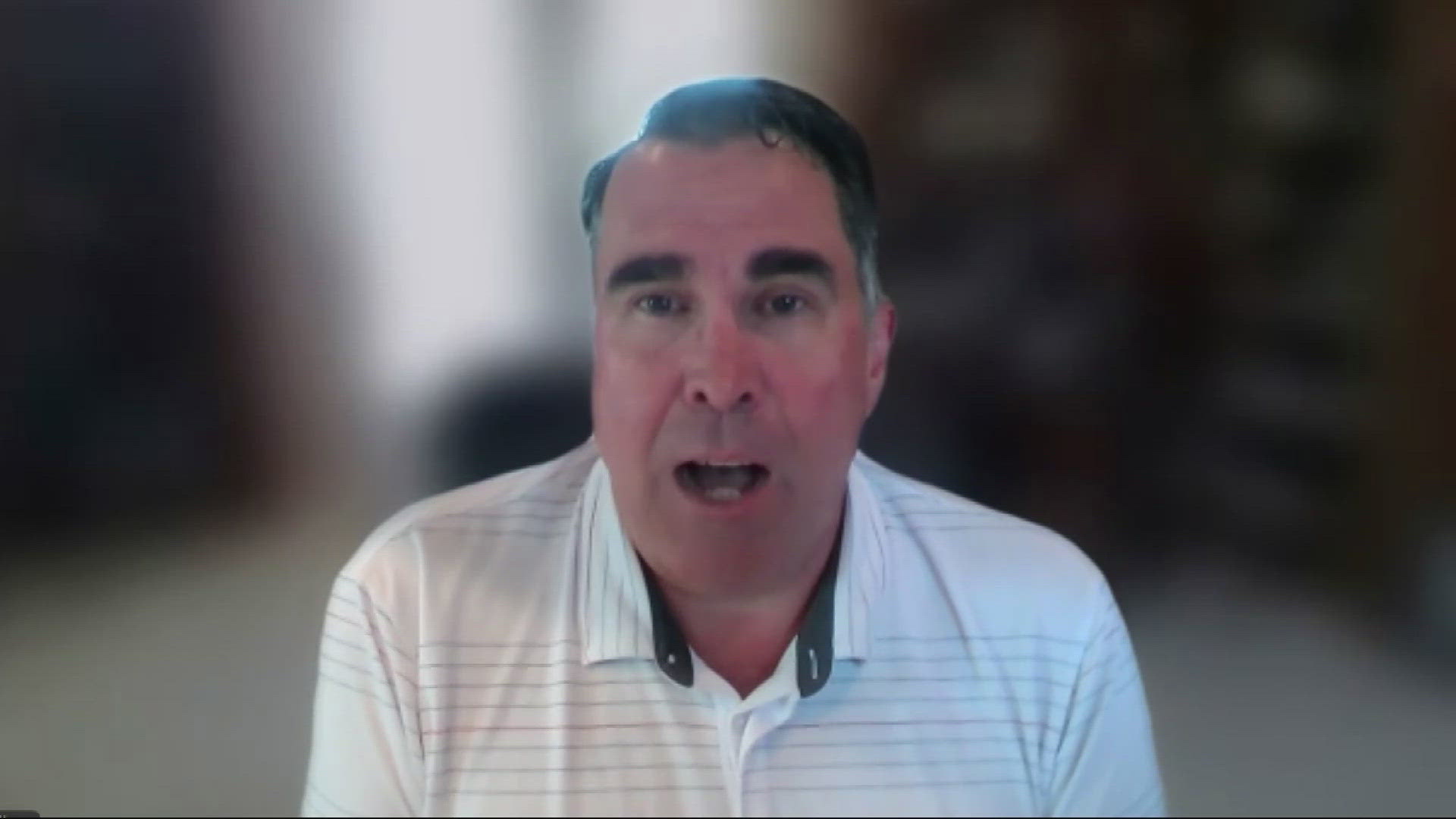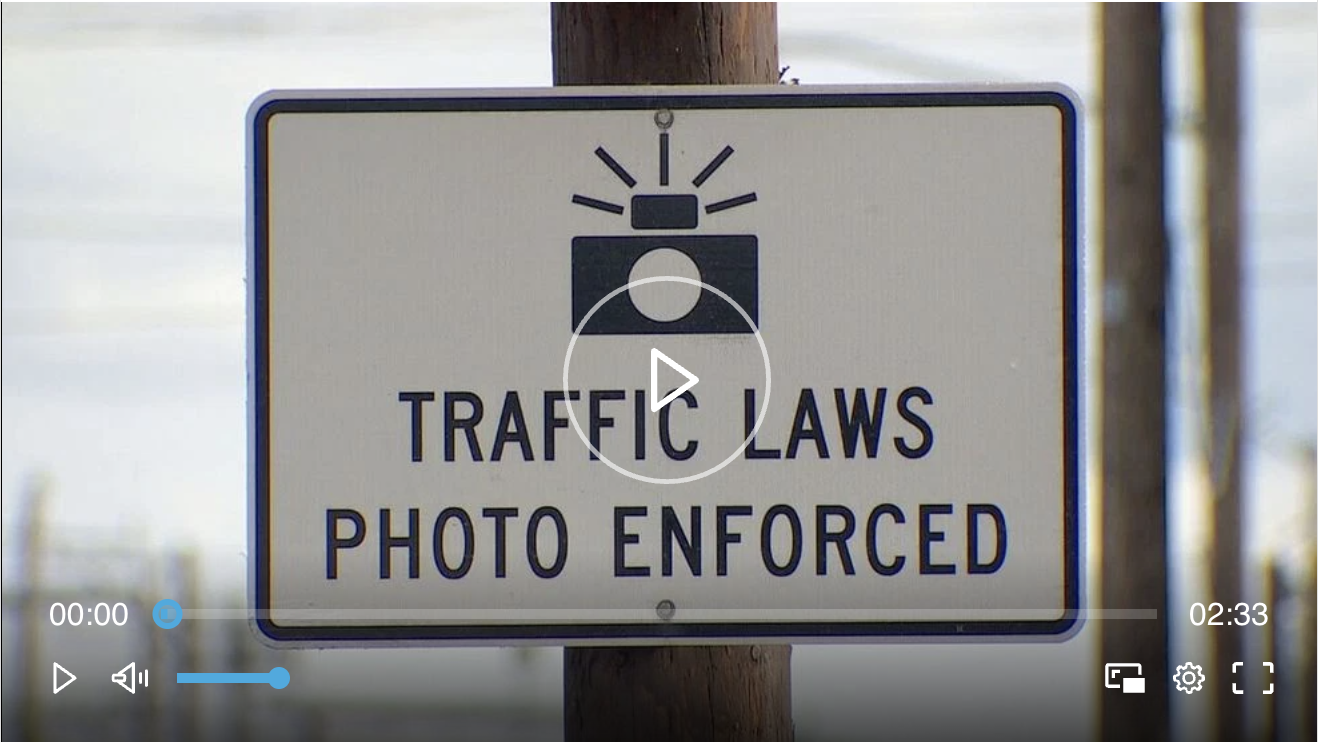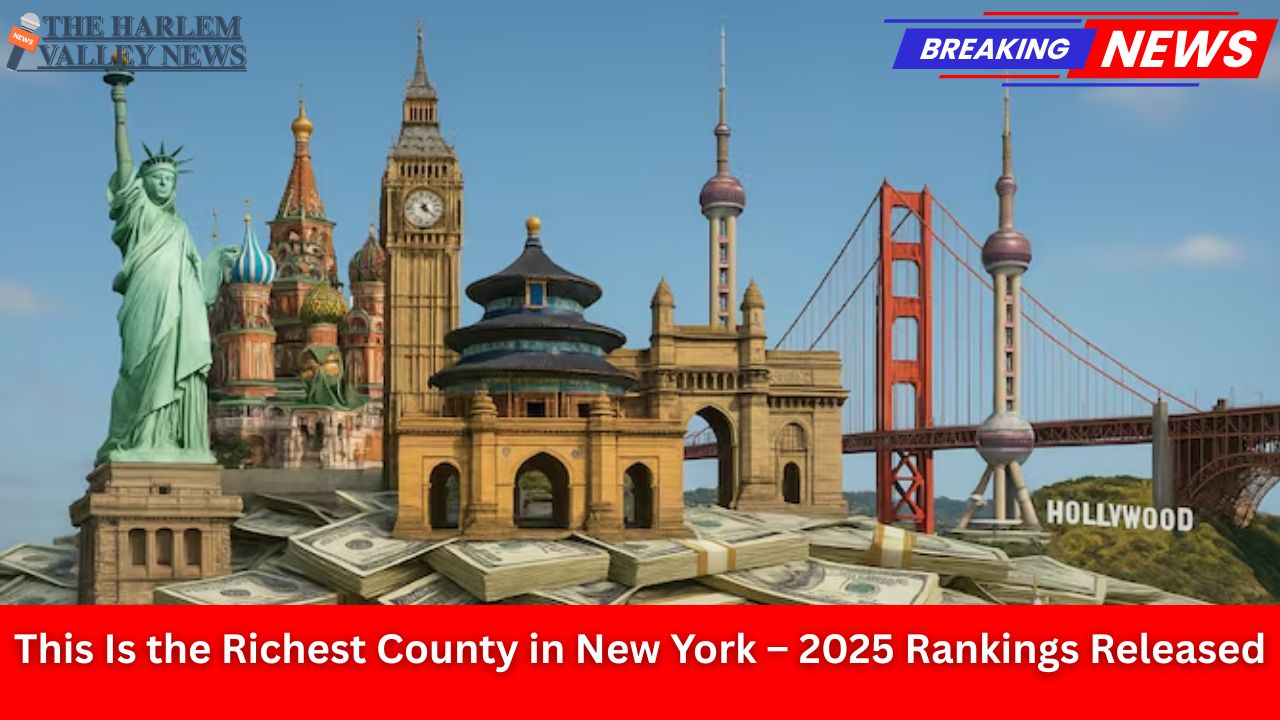PORTLAND, Ore. — Efforts to replace the century-old Interstate Bridge spanning the Columbia River between Portland, Oregon, and Vancouver, Washington, are once again moving forward, with local leaders stressing the project’s economic and safety importance — and critics warning of steep costs.
At a recent meeting with Portland city councilors, Vancouver Mayor Anne McEnerny-Ogle emphasized the bridge’s critical role in regional commerce.
“$132 million a day in commodities go across that bridge,” McEnerny-Ogle said, underscoring how essential the crossing is to the economies of both states.
Safety and Resilience Concerns
The current bridge, in operation for more than 100 years, is considered outdated and vulnerable. Metro Council President Lynn Peterson noted that while past replacement talks collapsed, the need for action has only grown.
“The last iteration was a political failure. The two sides of the river were not listening to each other,” Peterson said. “Replacing the bridge is crucial.”
Oregon State Representative Susan McLain echoed that urgency. “We just have to get this bridge done — not just for safety and resilience. We’re a regional community. Vancouver and Portland really do function as a unit.”
Beyond the Bridge: Interchange Overhaul Needed
Greg Johnson, the project’s replacement administrator, explained that the plan involves more than building a new span.
“Seven interchanges in this five-mile stretch act as one big interchange,” Johnson said. “That creates the congestion and safety problems.”
Upgrades would aim to reduce bottlenecks, improve traffic flow, and address collision risks along the busy corridor.
Cost Estimates Under Scrutiny
While project supporters focus on safety, resilience, and economic benefits, some remain skeptical about the price tag. Joe Courtright of No More Freeways warned lawmakers that the financial outlook may be far more daunting than currently estimated.
“Be very, very afraid from a fiscal standpoint. The cost estimate for this project is badly out of date,” Courtright said. He pointed to declining traffic volumes on the bridge while costs climb.
“This is not gonna be a seven-and-a-half billion dollar project. It’s likely to be in excess of $10 billion,” he cautioned.
The Road Ahead
Despite cost concerns, regional leaders insist the bridge replacement is a long-overdue necessity for safety, commerce, and future growth. The revived plan will require cooperation between Oregon and Washington lawmakers, funding commitments, and detailed design work before construction can begin.
For now, stakeholders on both sides of the Columbia River appear determined to avoid the political gridlock that derailed previous attempts, aiming instead to deliver a project that meets the region’s transportation needs for decades to come.
















Leave a Reply